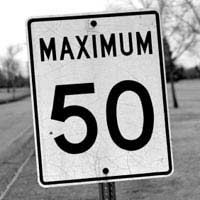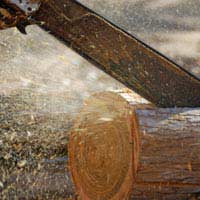Expert Advice to Stay Safe at Work…
Popular Articles
Can Employers Change Working Hours? Work Rotas Law in the UK
It can be stressful when your employer changes your working hours. You might be wondering if you have to work more than your contracted hours? Perhaps you are worried about [...]
Probation Periods at Work – What Happens & Employee Rights
If you’ve recently gotten a new job, you may be required to have a probation period before your employment is made permanent. This is an increasingly common feature when starting [...]
Rights When off Work Sick – UK Employment Law
Being off work sick can be a stressful time. You might be uncertain as to your employment rights, and sick pay entitlement. Our guide will help you understand what you [...]
Safe Workers Categories
Our panel of experts answer readers queries.
Real world examples of workplace problems.
Workplace equality and diversity uncovered.
Workplace relations and team building information.
Guides to employee rights in the workplace under UK Law.
Keeping the workplace comfortable and safe.
Wages, business insurance requirements, tax and accounting.
Helping employees stay healthy and happy at work.
Health and safety guidelines and laws for workplaces.
Advice on bullying, harassment, and employers duty of care.














